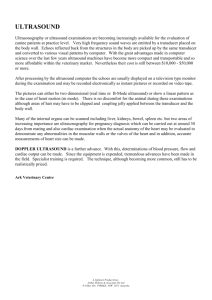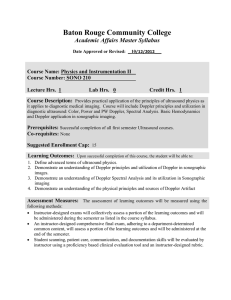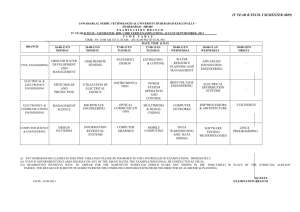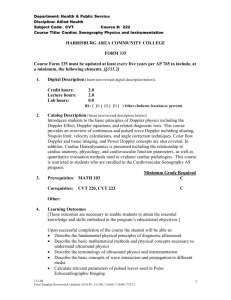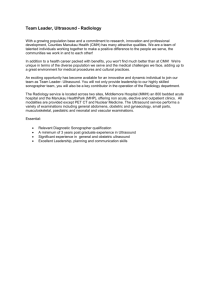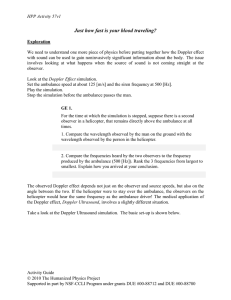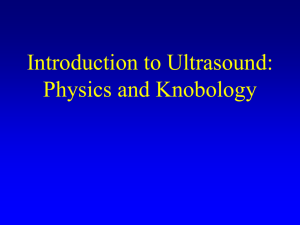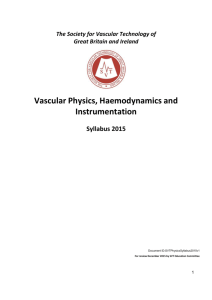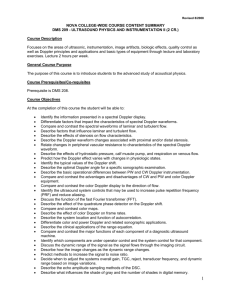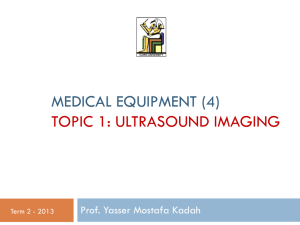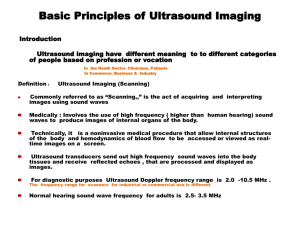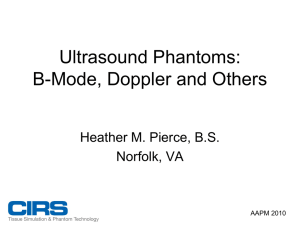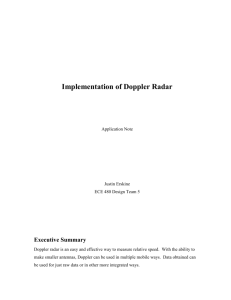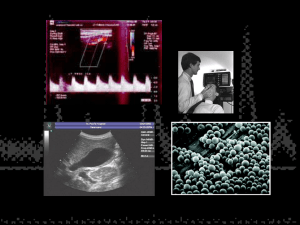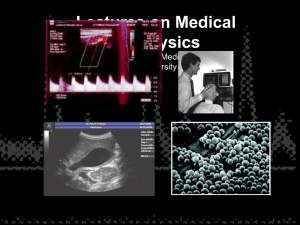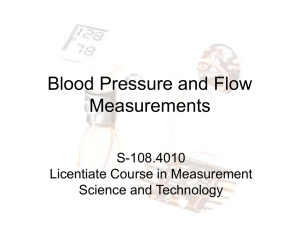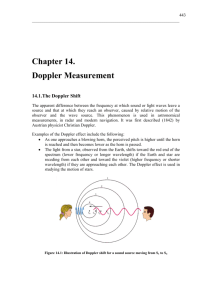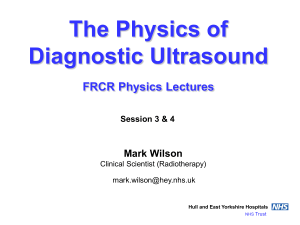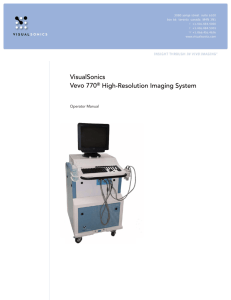Minimum Training Requirements - Targeted Ultrasound Initiative
advertisement
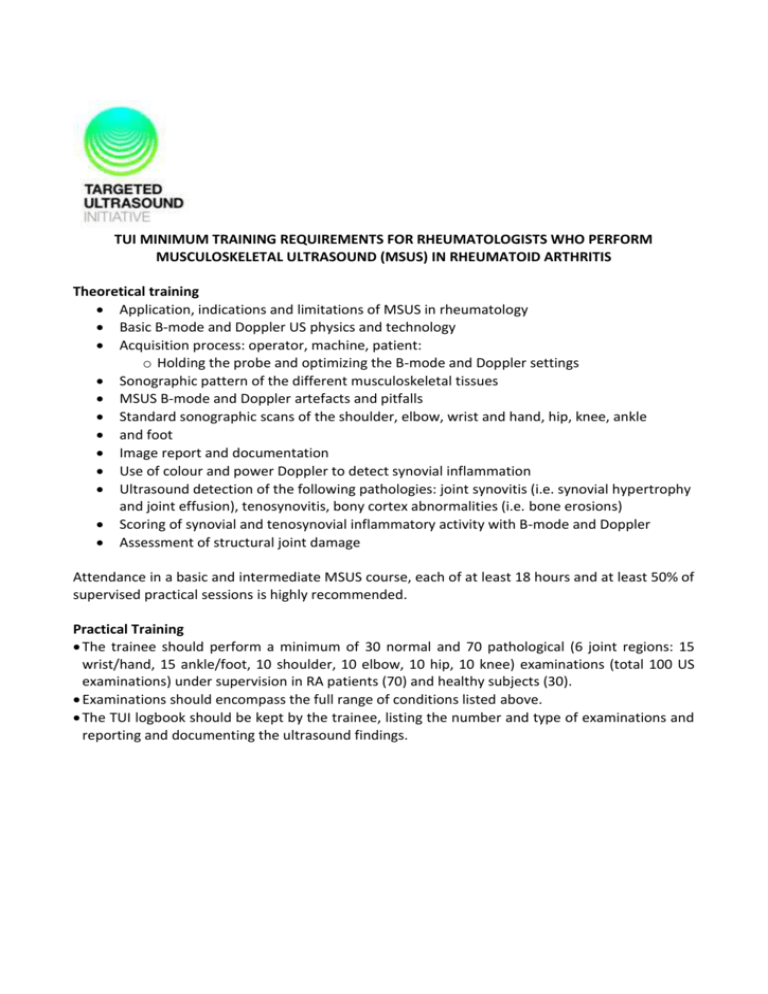
TUI MINIMUM TRAINING REQUIREMENTS FOR RHEUMATOLOGISTS WHO PERFORM MUSCULOSKELETAL ULTRASOUND (MSUS) IN RHEUMATOID ARTHRITIS Theoretical training Application, indications and limitations of MSUS in rheumatology Basic B-mode and Doppler US physics and technology Acquisition process: operator, machine, patient: o Holding the probe and optimizing the B-mode and Doppler settings Sonographic pattern of the different musculoskeletal tissues MSUS B-mode and Doppler artefacts and pitfalls Standard sonographic scans of the shoulder, elbow, wrist and hand, hip, knee, ankle and foot Image report and documentation Use of colour and power Doppler to detect synovial inflammation Ultrasound detection of the following pathologies: joint synovitis (i.e. synovial hypertrophy and joint effusion), tenosynovitis, bony cortex abnormalities (i.e. bone erosions) Scoring of synovial and tenosynovial inflammatory activity with B-mode and Doppler Assessment of structural joint damage Attendance in a basic and intermediate MSUS course, each of at least 18 hours and at least 50% of supervised practical sessions is highly recommended. Practical Training The trainee should perform a minimum of 30 normal and 70 pathological (6 joint regions: 15 wrist/hand, 15 ankle/foot, 10 shoulder, 10 elbow, 10 hip, 10 knee) examinations (total 100 US examinations) under supervision in RA patients (70) and healthy subjects (30). Examinations should encompass the full range of conditions listed above. The TUI logbook should be kept by the trainee, listing the number and type of examinations and reporting and documenting the ultrasound findings.
